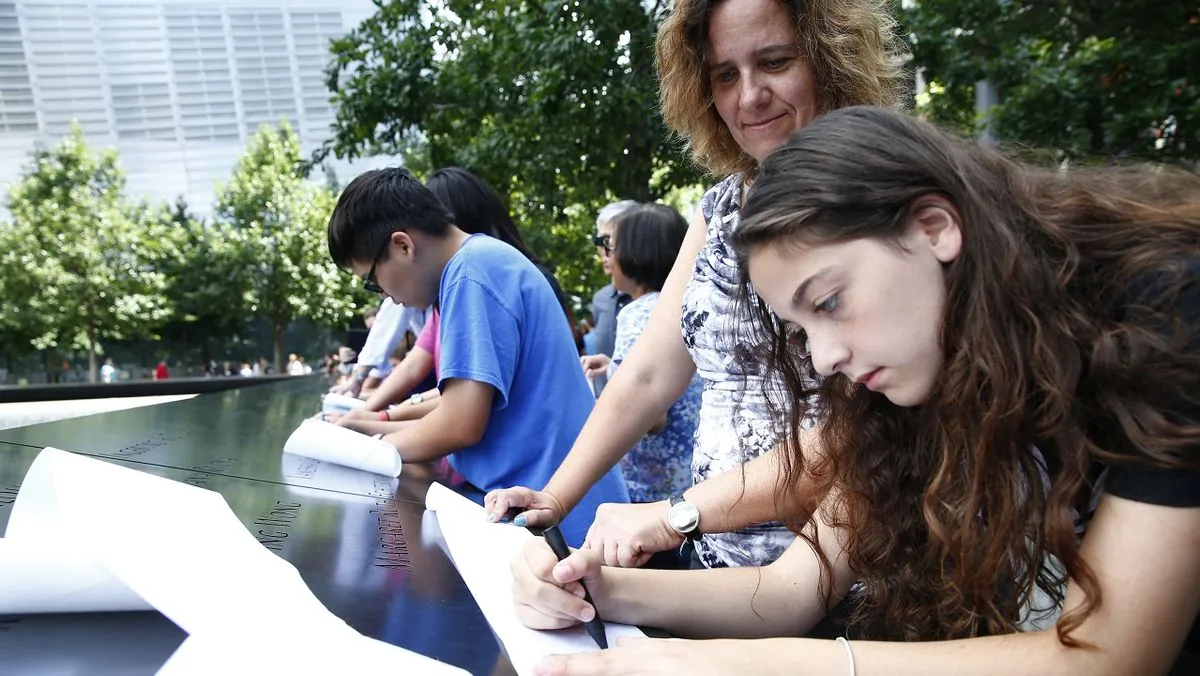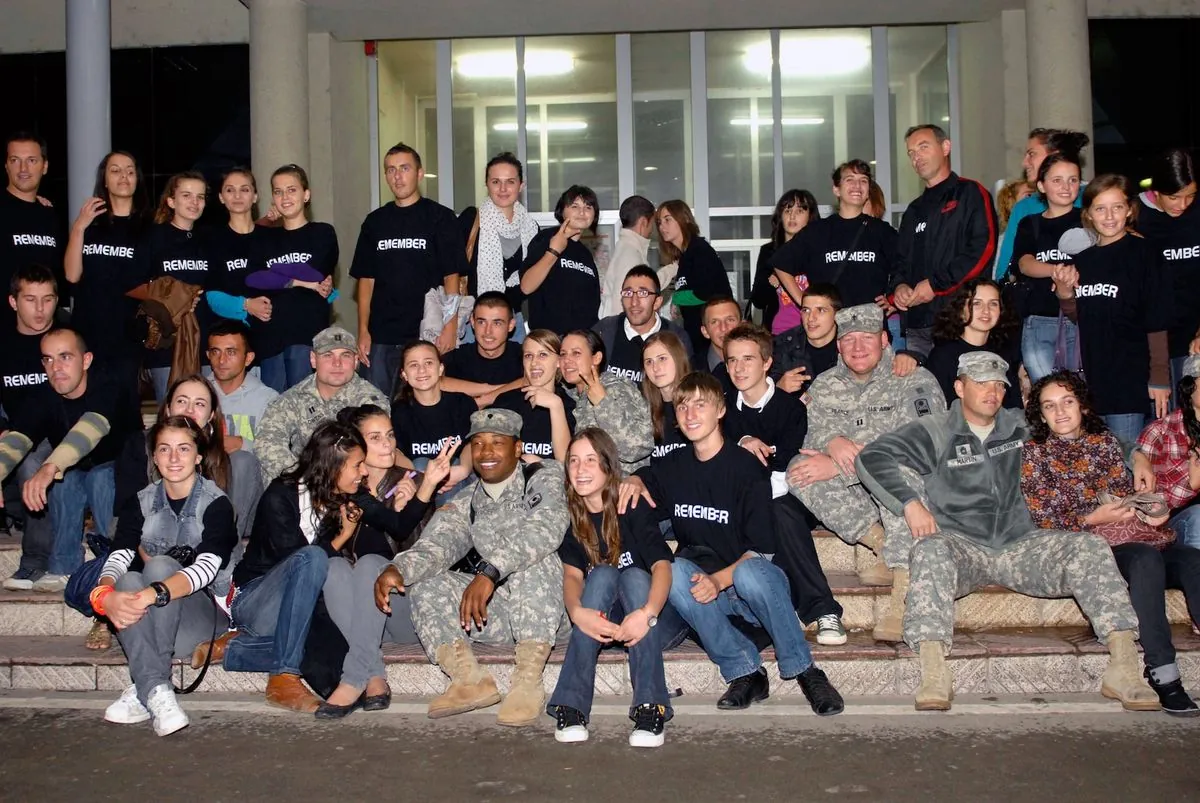Generational Shift: 9/11 Remembrance and the Fading of Collective Memory
As Americans observe the 23rd anniversary of 9/11, a third of the population is too young to remember. This demographic shift highlights the changing nature of collective memory and historical events.

On September 11, 2024, Americans across the nation paused to observe the 23rd anniversary of the 9/11 terrorist attacks. However, this solemn occasion now carries a different significance for a substantial portion of the population. Approximately one-third of Americans either weren't born or were too young to have personal memories of that fateful day in 2001.
This demographic shift underscores a broader phenomenon in collective memory. For instance, by 1983, 40% of Americans were either not born or too young to remember the assassination of John F. Kennedy. As time progresses, events that once defined a generation become historical facts for the next.
The impact of 9/11, however, extends far beyond personal recollection. It has shaped American foreign policy for over two decades, affecting even those who have no firsthand memory of the attacks. In 2021, it was reported that half of the Americans killed while serving in Afghanistan weren't adults when 9/11 occurred. Tragically, five service members who lost their lives during the 2021 Kabul airport attack were only 20 years old at the time.

According to recent Census Bureau data, approximately 30% of U.S. residents were born after 2001, with an additional 7% who were 5 years old or younger at the time. This means that 37% of the current population was too young to comprehend the events as they unfolded.
The passage of time is further illustrated by considering the victims of 9/11. The 2,977 individuals who lost their lives that day ranged in age from 2 to 85, with an average age of 40. Today, had they survived, their average age would be 63. Christine Lee Hanson, the youngest victim at 2 years old, would now be 25.
"The 9/11 attacks resulted in 2,977 fatalities, making it the deadliest terrorist attack in human history. Over 90 countries lost citizens, underscoring its global impact."
As with all historical events, the intensity of collective memory fades over time. While annual memorials for tragedies like the Triangle Shirtwaist Fire still occur, they no longer draw the same crowds as the 9/11 commemorations in Lower Manhattan.
The mantra "never forget" emerged in the aftermath of 9/11. However, Census Bureau projections suggest that by the late 2030s, most Americans will be too young to have personal memories of the attacks. This shift doesn't diminish the event's historical significance but highlights the evolving nature of collective memory.
The legacy of 9/11 continues to shape American society. The attacks led to the creation of the Department of Homeland Security in 2002 and triggered the U.S.-led invasion of Afghanistan in October 2001. The economic impact was staggering, estimated at $123 billion in the first 2-4 weeks alone.
As we move further from that September morning, the challenge lies in preserving the lessons and memories of 9/11 for future generations. The 9/11 Memorial Museum, which opened in 2014, serves as a crucial link between past and present, ensuring that even as direct memories fade, the significance of that day remains etched in the national consciousness.


































